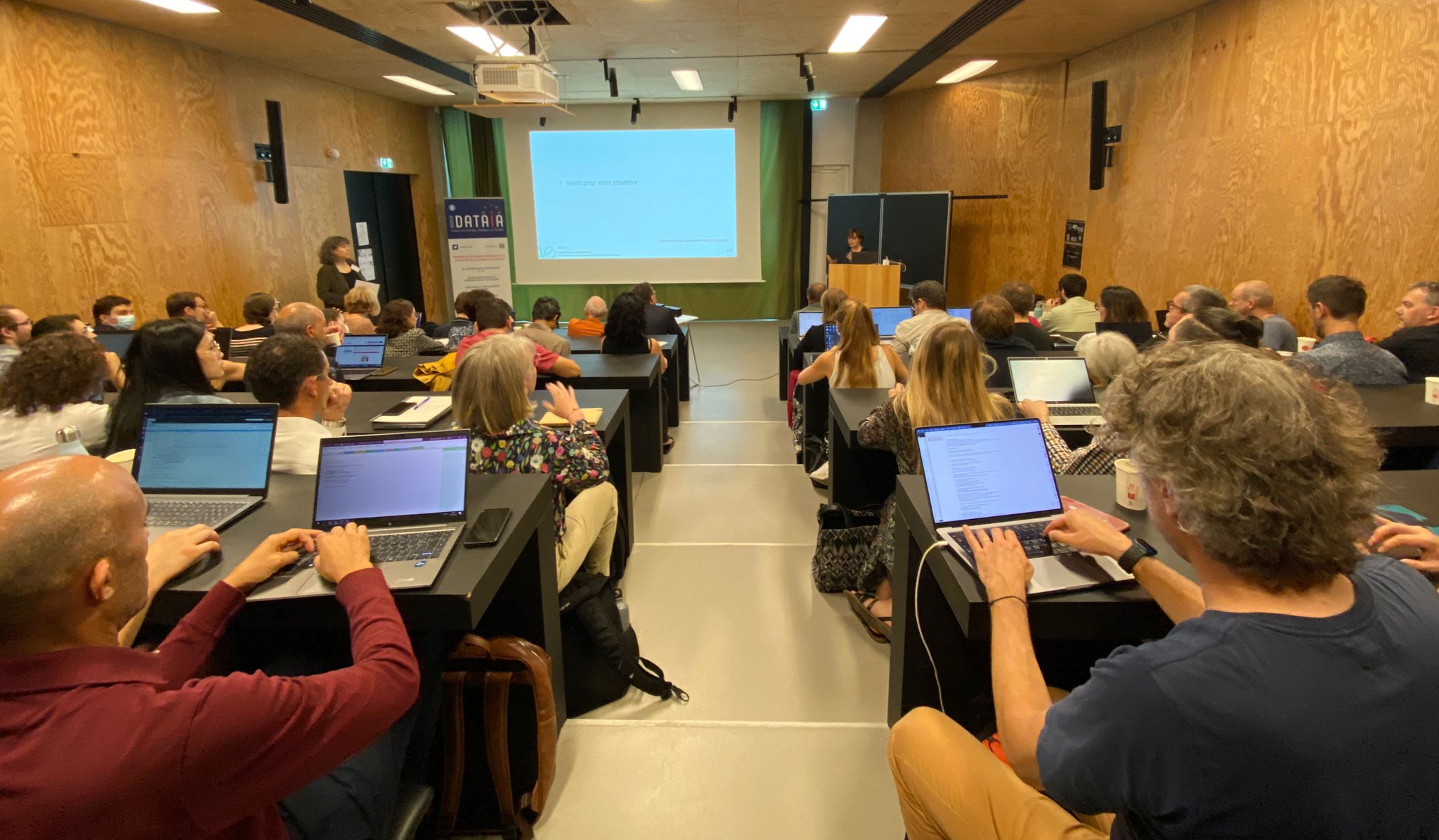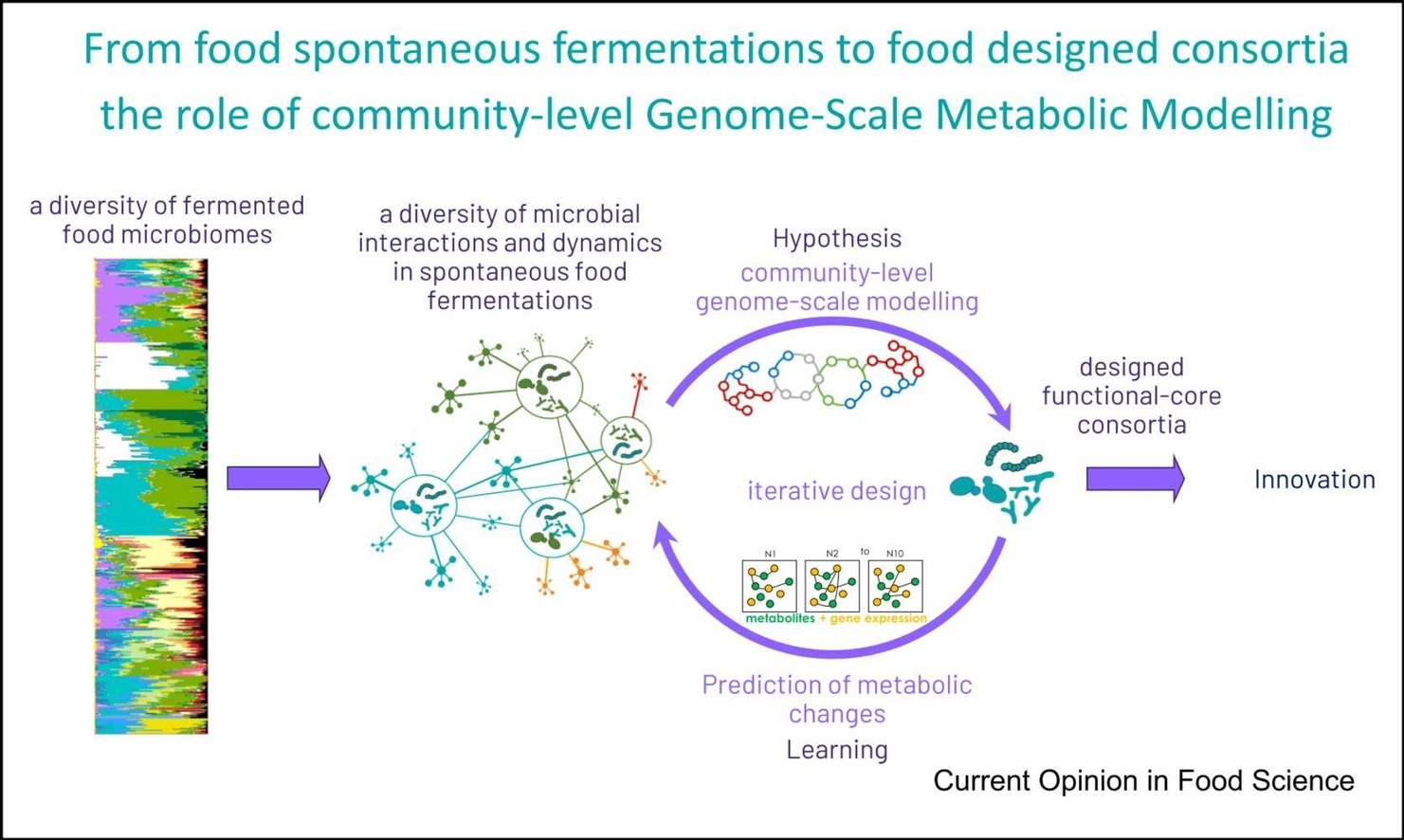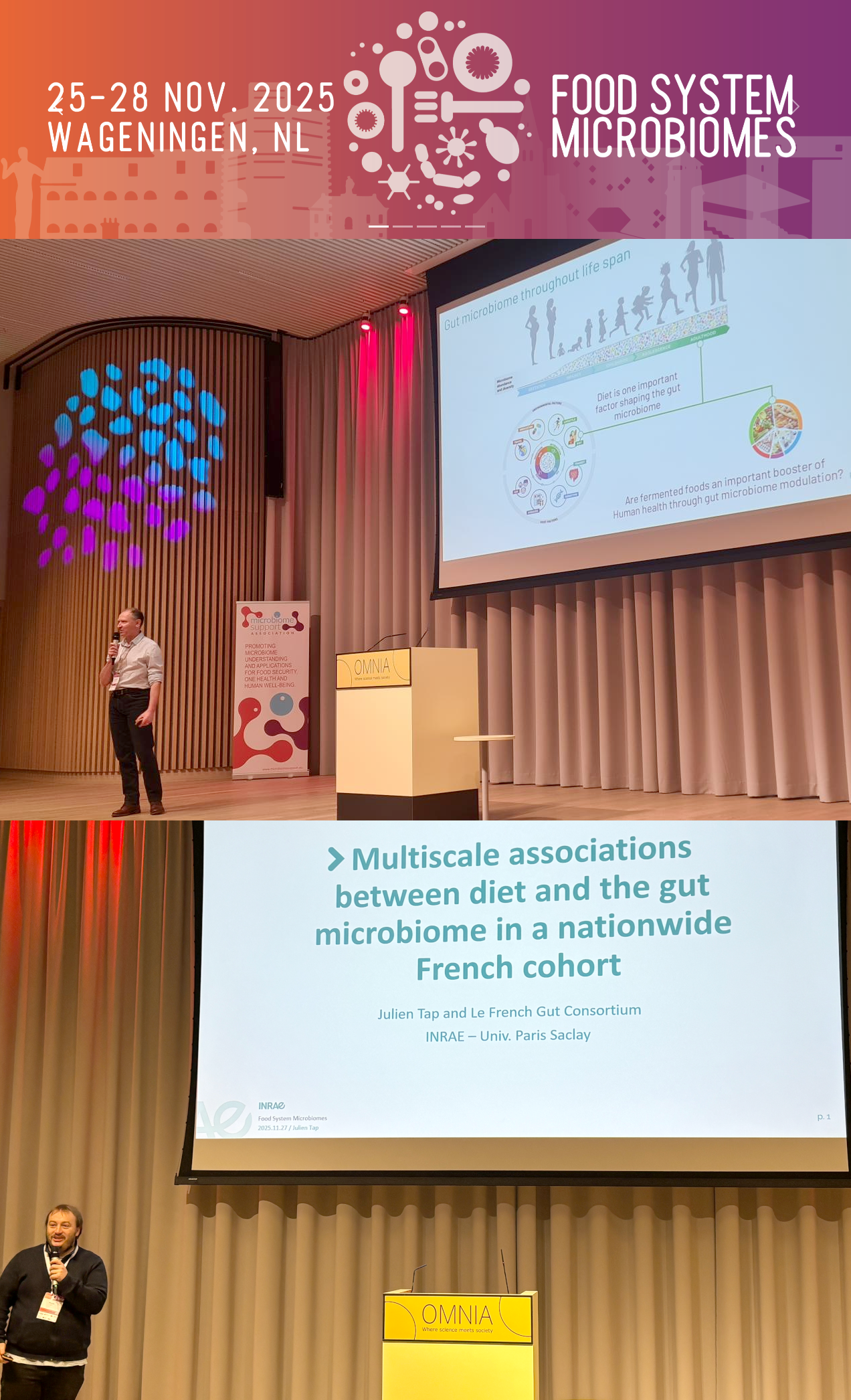Published: Sep 13, 2023 by FME Lab
On the 13th of September, CentraleSupélec hosted the inaugural Ferment’IA colloquium. This event, organized in collaboration with Ferments du Futur and l’Institut DATAIA, catered to researchers focusing on Artificial Intelligence (AI) and Data Science, particularly in the context of fermented foods.
Fermented foods have been a staple in many cultures for thousands of years, and the Grand Défi Ferments du Futur is an initiative to drive further innovation in this field. The goal is to address contemporary challenges related to health, climate change, and changing consumer preferences.
The colloquium offered participants an opportunity to delve into the mechanics of food fermentation and engage in discussions with peers from both academic and industrial backgrounds in microbiology and computational science.
Marie presented on the historical significance and current relevance of fermented foods. She discussed the journey of these foods, from being traditional staples to their roles in modern diets. The talk touched upon the often-overlooked microbial processes that are essential to producing many of our favorite fermented foods.

Julien provided insights into the potential benefits of fermented foods in modern diets. He emphasized the significance of understanding the origins of strains used in fermented foods, pointing out their impact on the potential health benefits. Julien also discussed the individualized nature of the interaction between the human gut microbiome and fermented foods, highlighting the importance of this aspect in the development of future fermented food products.


